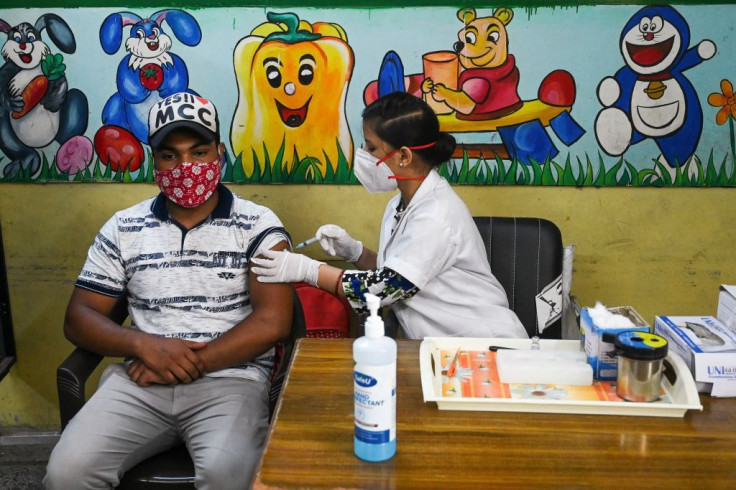The last person that most would suspect to spread the coronavirus is the children. Considering they are mostly held up in a home, exposure to others is expected to be limited.
However, a study offers a different take. Researchers from the Public Health Ontario in Canada analyzed data on positive coronavirus tests and COVID-19 cases in the region for June 1 and Dec. 31, 2020. They discovered that in more than 6,200 households, the first person to get infected was younger than 18.
Hence, infected babies were more likely to spread COVID-19 in homes to others in their homes than teenagers. However, infants were less likely to bring the virus into their homes compared to teenagers.
Researchers went on to look for other cases in those homes in two weeks and found that after a first child tested positive. It revealed that 27.3% of the children infected at least one other person in the household. The findings of the study can be found in the JAMA Pediatrics journal.
The findings could be because young children require a great deal of hands-on care and cannot be isolated when they fall ill. This was explained by Dr. Susan Coffin, an infectious diseases specialist at Children's Hospital of Philadelphia.
"People who have parented young toddlers are pretty used to having spit and drool on their shoulder," Coffin stated. "There's no getting around that. But using tissues, throwing away tissues, cleaning hands immediately after helping wipe your child's nose are all things that a parent of a child who's infected or may be infected can do to help limit the spread within their household."
However, one thing the study did not address is if infected children were as contagious as adults. It doesn’t specifically point out infants as drivers of the pandemic. The only thing it showed is that babies and toddlers do have a role in the transmission of the virus.
"The key takeaway for me is that it clearly shows that there's transmission from children occurring in the household. This means we urgently need to think about how we're going to protect schools when they reopen shortly," Zoe Hyde, an epidemiologist at the University of Western Australia explained.
Hyde was not involved in the said research.

© 2025 Latin Times. All rights reserved. Do not reproduce without permission.





